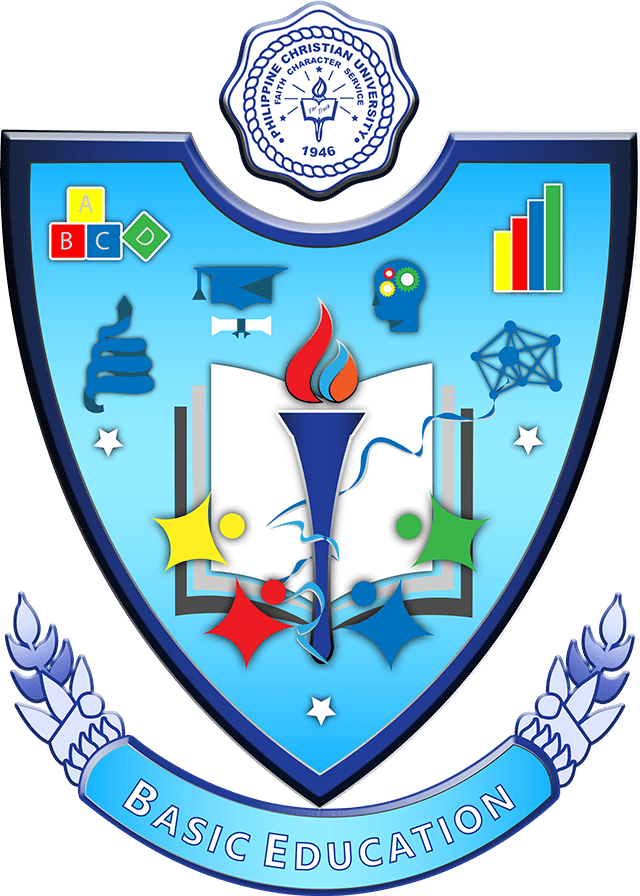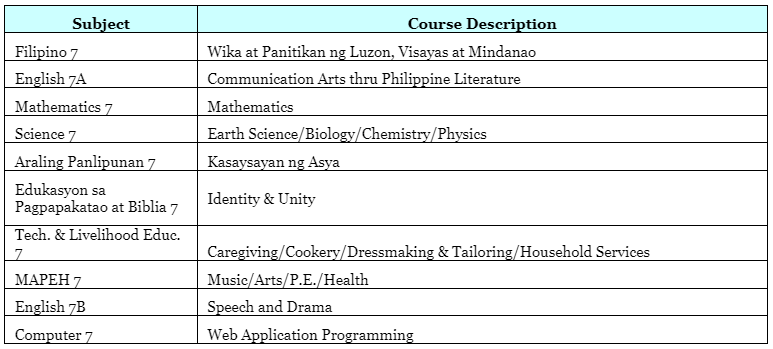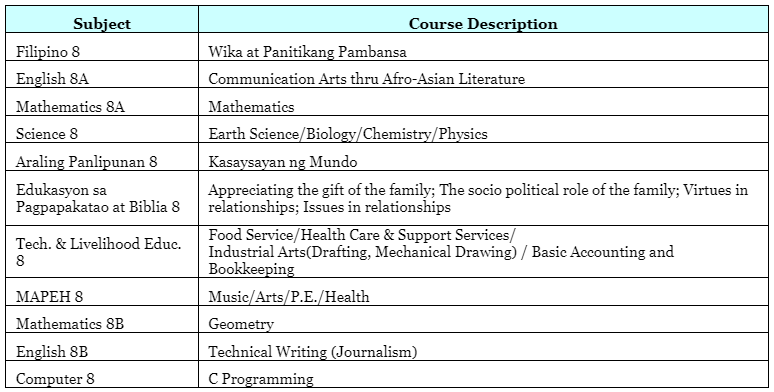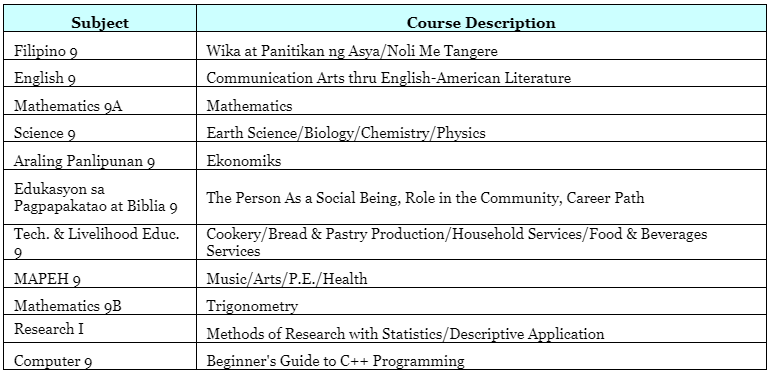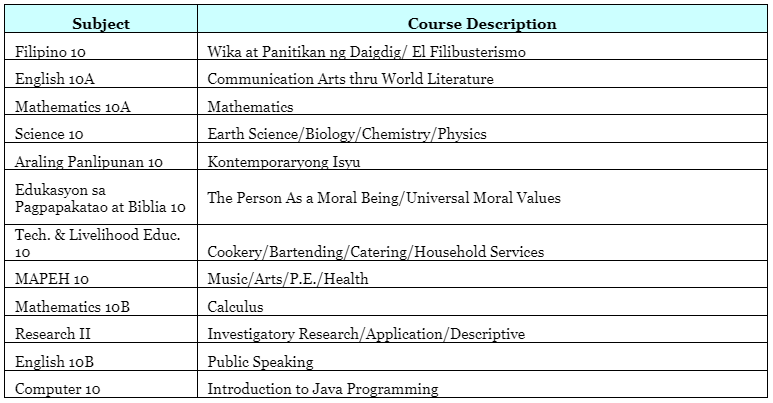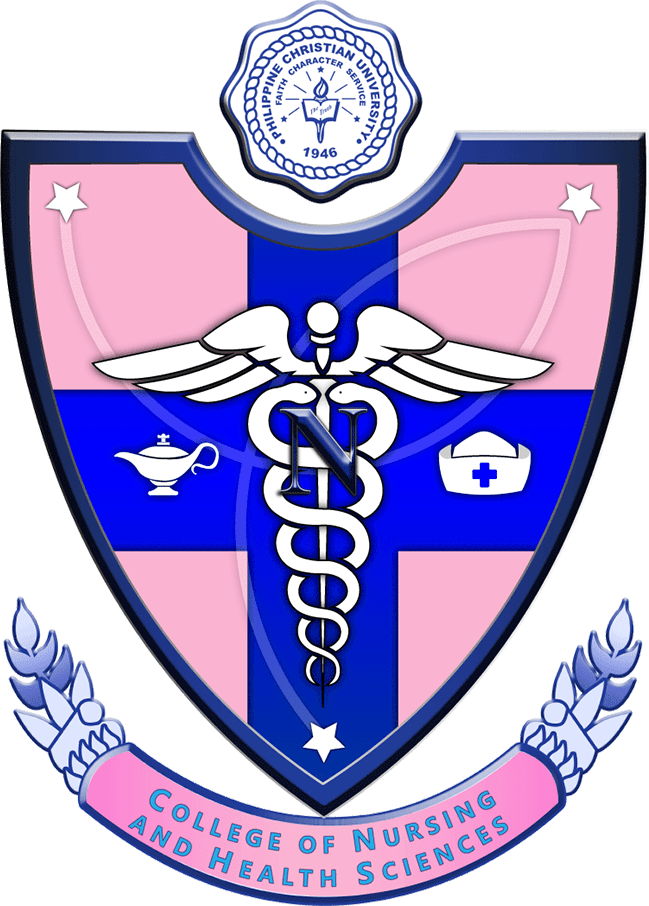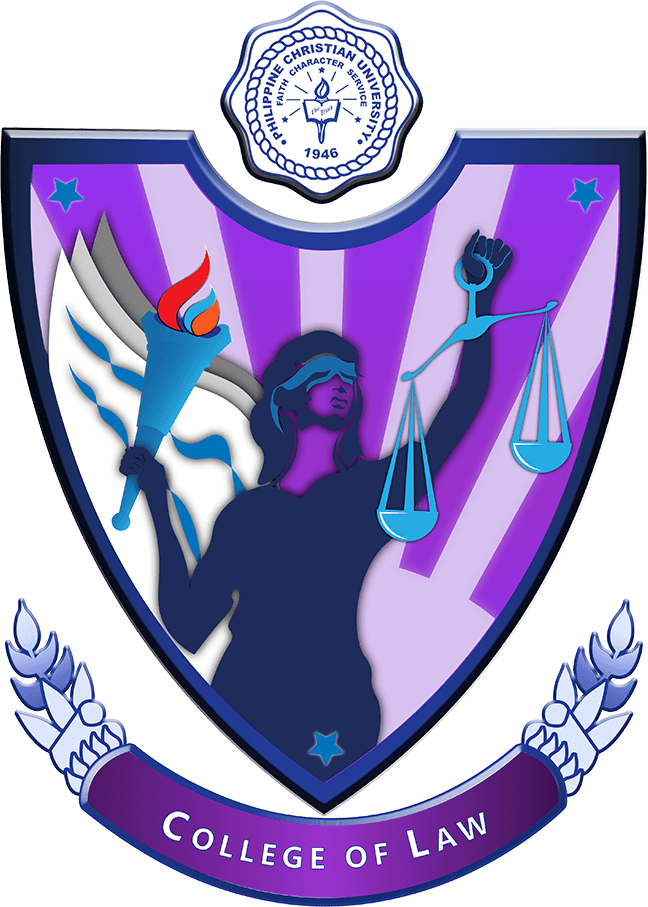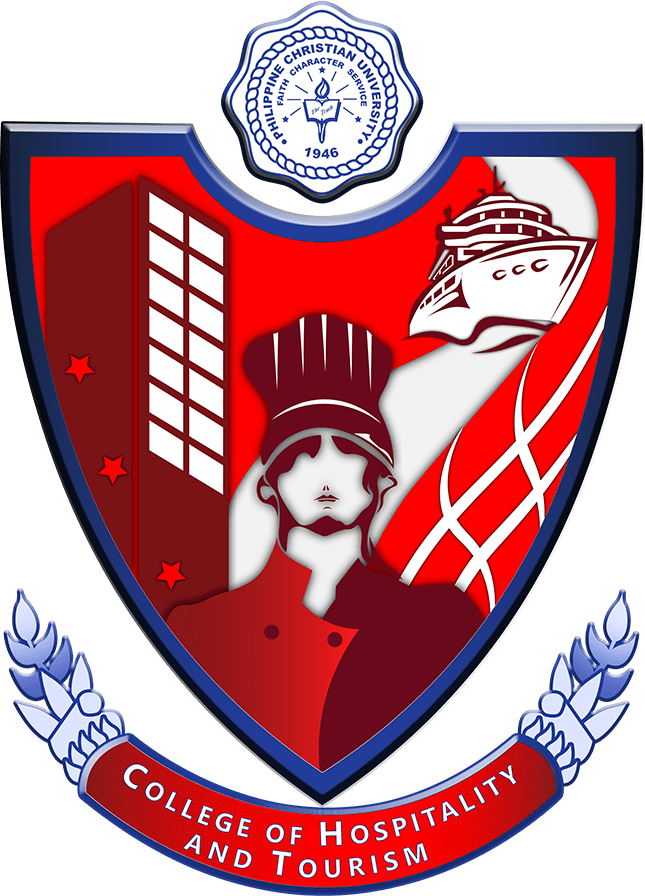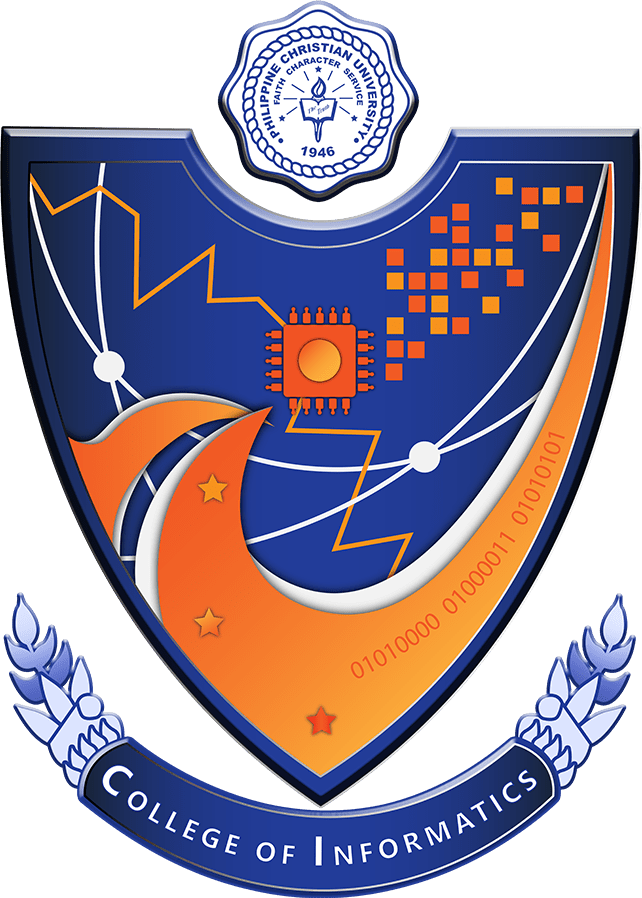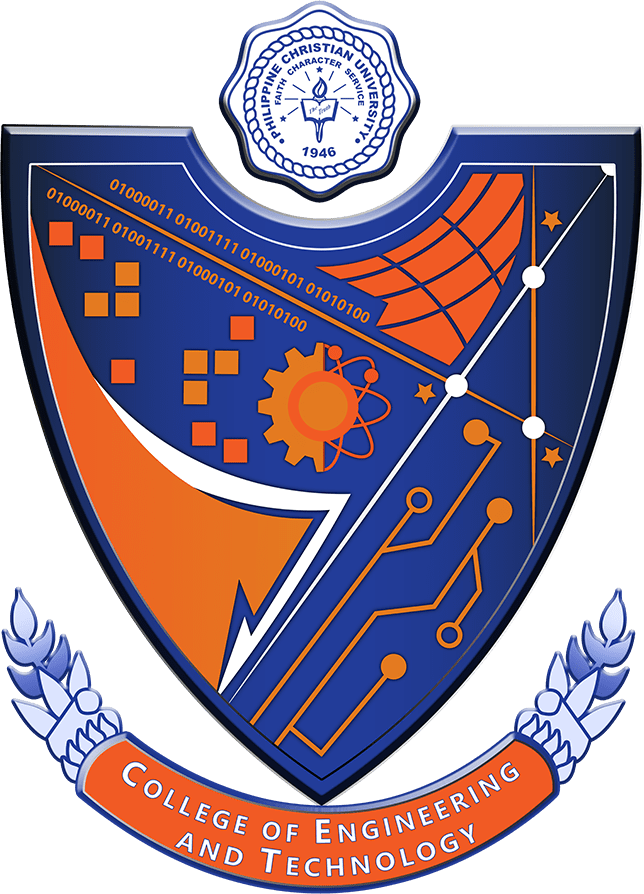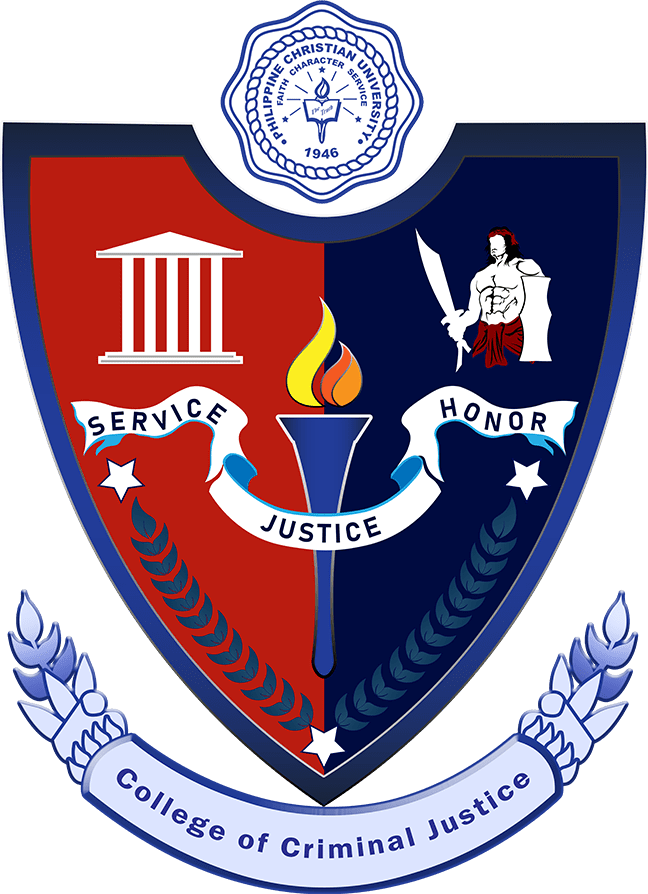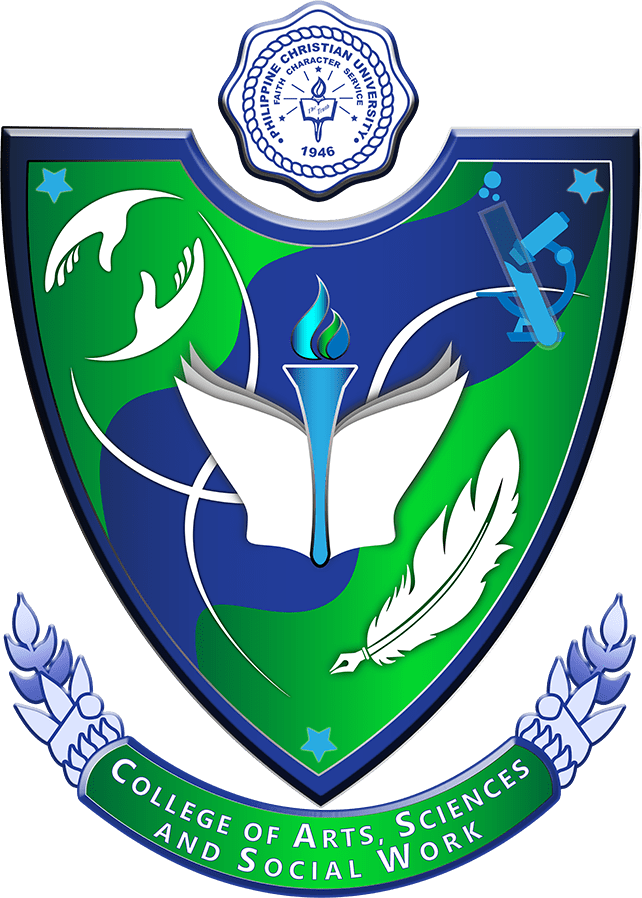History of PCU
The Vision of the University expresses recurrent commitment to earning the esteem of future generations. Having grown in stature over the years with an autonomy status as a cap on her feathers, the University now faces new and profound challenges in a more competitive, more uncertain, more pervasively international environment.
1945
In 1945, Bishop Edwin F. Lee of the United Methodist Church (UMC) envisioned a Christian college in Manila. On October 6, 1946, Laymen of the Evangelical Association of the Philippines agreed to the establishment of the college. Their initial Board of Directors Was composed of Atty. Juan Nabong, Sr., Dr. Mateo Occena, Dr. Emilio Javier, D. Mauro Baradi, and Mr. Gerardo Armonio.
On January 11, 1947, the Articles of Incorporation was registered with the Securities and Exchange Commission. The original name of the institution was Manila Union University but this was later changed to Philippine Christian Colleges. In 1967, the Articles of incorporation was again amended to remove the letter “s” after “COLLEGES”.
1947
1952-1958
Dr. Roxy Lefforge, an American missionary, was the first Executive Dean and Dr. Emilio Javier (1952-1958), an outstanding layman of the United Church of Christ in the Philippines (UCCP) was elected as the first President. Under his leadership the institution expanded the ecumenical efforts in education. The Union High School of Manila and Union Elementary School founded by the Presbyterian Church in 1919 and 1946 respectively became part of PCC in 1947. The college added a degree course in Nursing when the Mary Johnston School of Nursing, founded by the Methodist in 1907, affiliated with PCC in 1953, thereby ushering in the offering of a Nursing degree.
Dr. Juan Nabong, Sr. (1958-1969), a Methodist layman, was the second President. Under his Administration, a four-storey concrete building was constructed in 1960 beside the UTS building on Taft Avenue. A year later, a two-storey building for the Elementary school was constructed in Vasquez Street, Malate. The Ellinwood College of Christian Education merged with Philippine Christian College in 1968 and its curricular programs integrated with the programs of the College of Education.
1958-1969
1969-1988
Dr. Lino Q. Arquiza (1969-1988), a UCCP Educator, was the third President. Under him, the growth and expansion of PCC was steady and impressive. In 1976, PCC acquired its University status and Philippine Christian University. A highlight of the efforts at cooperation came during Dr. Arquiza’s term when the Union Theological Seminary and PCU merge in 1978. With the merger, the Philippine Christian Center for Learning (PCCL) was born. The merger enabled PCU to expand its offerings in the 97-hectare UTS campus, 36 kilometers south of Manila.
With this move, Philippine Christian University and Union Theological Seminary, established an ecumenical relationship that is more expansive and more coordinated. Institutional cooperation extended to non-protestant schools when in 1972, PCU and DLSU joined hands in a resource-sharing program. This move ushered in the formation of five-school Inter-Institutional Consortium (I-IC) in 1975 composed of De La Salle University, St. Scholastica’s College, St. Paul’s College of Manila, Philippine Normal College and Philippine Christian University. The Consortium enjoys the full support of the United Board for Christian Higher Education in Asia.
1972-1975
1988-1989
With the untimely demise of Dr. Arquiza, PCU had a succession of two able and dedicated Officers-in-Charge in the persons of Justice Crisolito Pascual (1988) and Dean Betty I. Molina (1989).
In 1990, the Board of Trustees elected Dr. Carlito S. Puno (1990-2000), a prominent Methodist lay leader, as the fourth president of the university. The new president of the university provided a new vision and a creative and dynamic leadership for the university. PCU became an active participant in the globalization of education. Under his leadership the university aggressively pursued a program expansion through the off-campus programs and the overseas institutional linkages.
1990-2000
2000
The year 2000 ushered in significant changes for the university. Dr. Oscar Suarez, was elected 5th President and his term is punctuated with the concerns of vision formation, planning concerns and implementation procedures. He has organized a substantial number of programs and projects in the areas of curriculum, organization, and faculty and student development.
In January 7, 2009, the Honorable Judge Antonio M. Eugenio, Jr. of the Regional Trial Court, Branch 24, Manila, placed Philippine Christian University under the management Committee (ManCom) that is composed of three (3) members: Atty. Felix D. Carao, Jr – Chairman, Dr. Quintin S. Doromal – member and Justice Wenceslao Agnir, Jr. – member.
2009
2009-2012
As provided for in the Interim Rules of Procedure Governing Intra-Corporate Controversies, the ManCom shall have the power to take custody of and control all assets and properties owned or possessed by the entity under management. It shall take the place of the management and board of directors of the entity under management, assume their rights and responsibilities, and preserve the entity’s assets and properties in its possession.
In 2013 after the long journey of the leadership of Management Committee the court appointed Atty. Felix D. Carao as the 6th President.
2013
2014
In 2014, the Board of Trustees elected Dr. Junifen F. Gauuan, a Methodist active leader, as the 7th president of the university. A man with new vision for PCU – to be technologically advanced, with strong international linkages and to be known globally.
Today and beyond, the University works for excellence tempered with strong and distinct Christian values and looks to a future that is esteemed by future generations, a “new agenda” that is drawn from its distinct Christian trait; a university of international character and focus, and world class in the faculty, staff and students it attracts, the research and scholarship it produces, and the academic standards to which it adheres; a university adding immense intellectual, cultural, religiosity, and professional energy to the Filipino and serving the Philippines by performing and being acknowledged as one of the finest universities locally and internationally.

